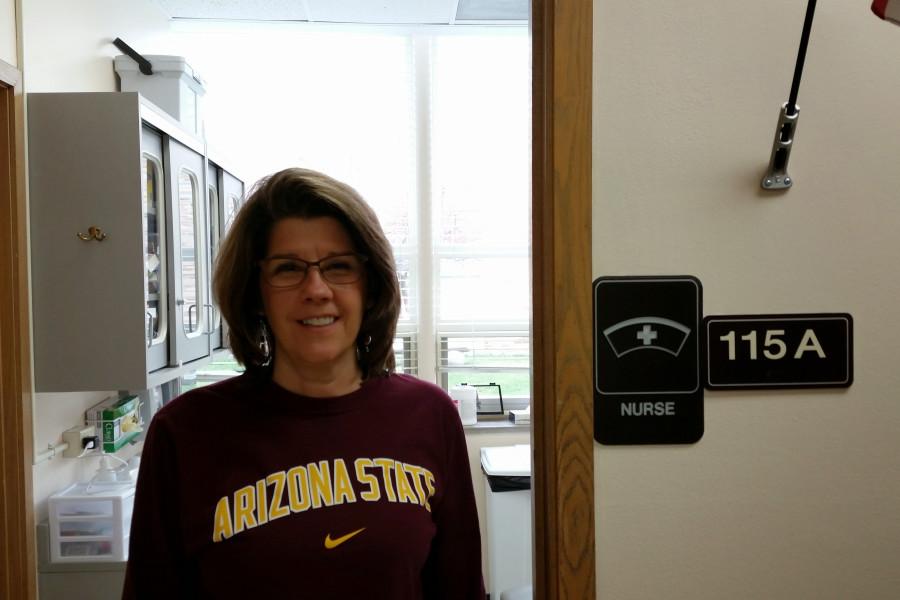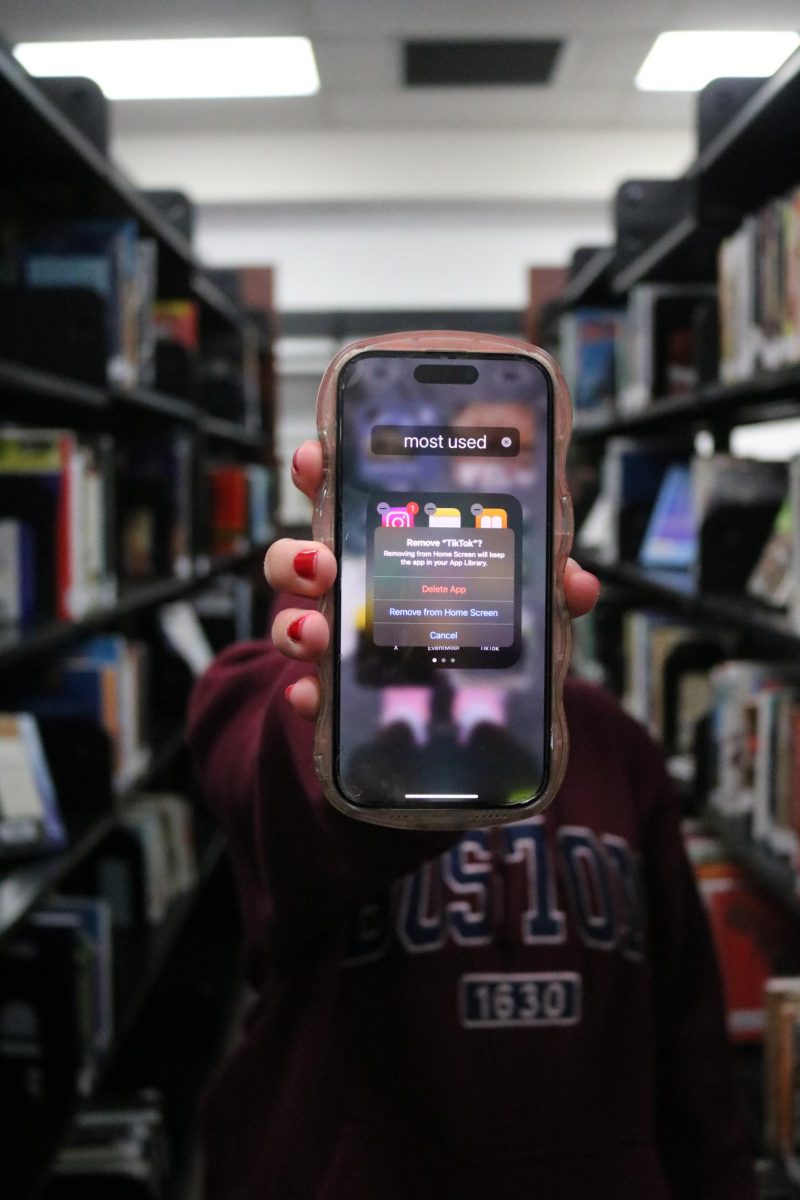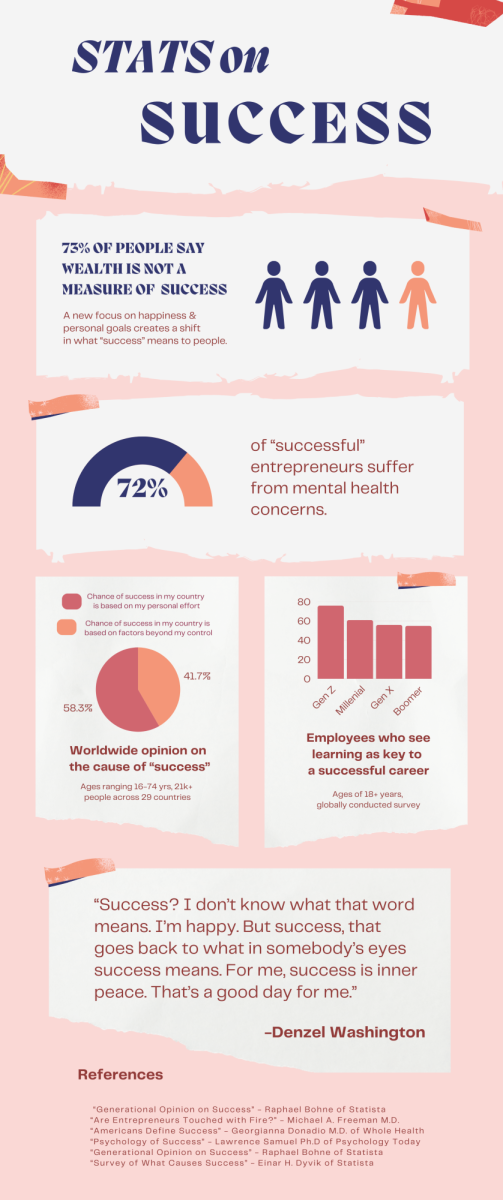There have been murmurs of a medical cannabis dispensary opening up in the Libertyville area, and with the recent updraft of support for medical cannabis legalization sweeping throughout the nation, Libertyville has taken steps to prepare for the future.
In 2013, the state of Illinois passed the Compassionate Use of Medical Cannabis Pilot Program Act, which allowed for up to 60 licensed dispensaries for medical cannabis to be dispersed throughout the state.
There are up to 35 qualifying conditions to receive treatment, including HIV/AIDS, Parkinson’s disease, cancer, and Tourette’s syndrome.
Although the bill was signed by former-Governor Pat Quinn, there has yet to be a provision to vet those who would be licensed to dispense the drug, and thus the process of getting the dispensaries open has been delayed.
In 2014, following the state law on the subject, Libertyville passed a zoning law regarding medical cannabis cultivation centers, establishing that these cultivation centers must be 2,500 feet from any schools, day cares, or residential areas.
In addition to other important distinctions and restrictions, anyone under the age of 21 would not be permitted to enter the facility.
Medical cannabis dispensaries faced similar regulations, with a mandatory 1,000-foot boundary between them and schools and day cares, and they cannot be within a residential zone.
Libertyville designed its laws in preparation for the possibility of a medical cannabis dispensary laying its roots in Libertyville, but as of now, they will not be put into action. According to the Chicago Tribune, “all three medical marijuana dispensary permits in Lake County [went] to Mundelein.”
That said, if medical cannabis was prescribed to students in Libertyville, the medication of those in school would have to be handled by school practitioners.
According to school nurse Cameron Traut, who spoke about whether the school would ever dispense medical marijuana to students via the nurse’s office, “Yes, this is a possibility in the future. I think it’s still a little too early in the legislative process, as rules for the dispensing and administration of medical marijuana in certain situations are still being developed.”
Ms. Traut noted that there had been informal discussions about medical marijuana treatment for children and its possible administration in schools, but nothing has been discussed formally.
She suggested possible strategies the school might use, saying, “To begin with, my guess is that it would be treated as we do with controlled substance medications (i.e. ADHD medications such as Adderall and Ritalin), which require us to store it in a certain way and requires administration by a licensed healthcare professional such as a registered nurse or physician licensed to administer medications.”
Ms. Traut emphasized that “The bottom line is safety and health of all students, so as with any implementation of a law concerning medication administration in a school setting, there are many factors to review and consider before implementing the law.”
Mr. Bob Uliks, the School Resource Officer, spoke on the legal side of the subject: “There is a zero tolerance [policy for cannabis in school]. Any form. Any shape. The punishments are pretty severe if you’re caught with drugs, or if you’re under the influence [at school].”






![Top Five Movies to Watch on Valentine’s Day [Spolier Alert]](https://www.lhsdoi.com/wp-content/uploads/2025/02/Screenshot-2025-02-12-9.59.23-AM.png)
![Senior Liam Hanson (1) is escorted by his parents before the game to celebrate senior night. He will miss “hanging out with [his] boys and going out to eat after games and practices.”](https://www.lhsdoi.com/wp-content/uploads/2025/02/IMG_1389-1200x800.jpg)



